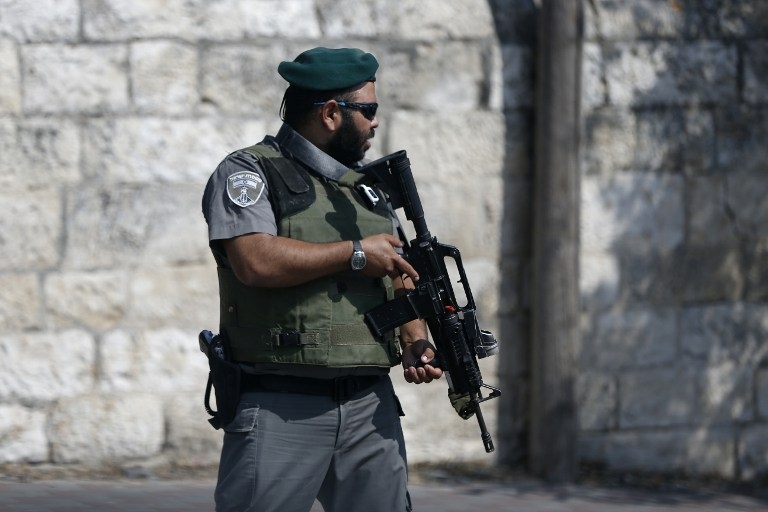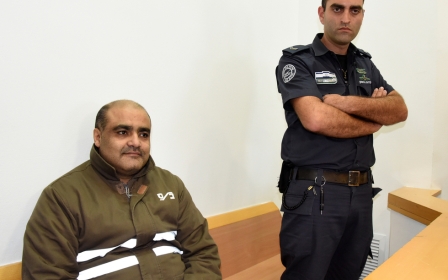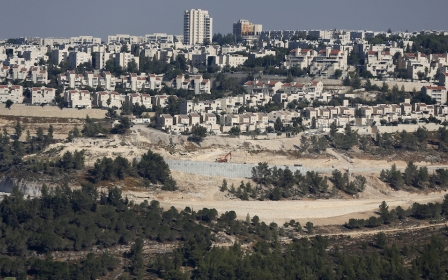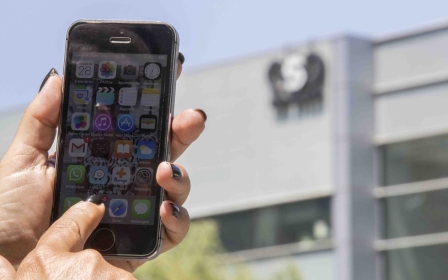Israel's police chief: It's 'natural' to be suspicious of Ethiopians and Arabs

Israel’s police chief on Tuesday caused controversy by telling a group of lawyers that it is “natural” for his officers to be more suspicious of Ethiopians, migrants in general, and Palestinians.
Police Commissioner Roni Alsheich told a meeting of the Israel Bar Association in Tel Aviv that migrants deserve more suspicion than the rest of the population.
“All over the world it is proven that migrants are more involved in crime than others,” he said. “This also goes for Arab…and also in East Jerusalem.
“When a policeman meets a suspect [of Ethiopian descent] naturally he is more suspicious than with others. We know this. We have started to deal with this.”
Alsheich faced immediate criticism for his remarks from Ethiopian groups and some Israeli politicians.
Alsheich said the Ethiopian community has a good relationship with the police but the umbrella organisation of Ethiopian immigrants in Israel called for him to be fired after making the inflammatory comments.
“A man like this cannot command such an important body,” the organisation said.
Ethiopians Jews who move to Israel have for a long time complained of racism.
The head of the Zionist Union political coalition said Ethiopians who move to Israel must be treated as full Israelis.
“Not only is the commissioner not dealing with police violence toward the Ethiopian community, he is actually encouraging it,” Merav Michaeli said. “Young Ethiopian immigrants are not ‘migrants’. They are Israeli in every way.”
The Jerusalem Post reported that Alsheich’s comments brought audible gasps from the lawyers present at the conference.
Despite the Ethiopian community calling for Alsheich to be fired he said the police were working closely with the community to try and reduce conflict with the police force.
This article is available in French on Middle East Eye French edition.
Middle East Eye propose une couverture et une analyse indépendantes et incomparables du Moyen-Orient, de l’Afrique du Nord et d’autres régions du monde. Pour en savoir plus sur la reprise de ce contenu et les frais qui s’appliquent, veuillez remplir ce formulaire [en anglais]. Pour en savoir plus sur MEE, cliquez ici [en anglais].




